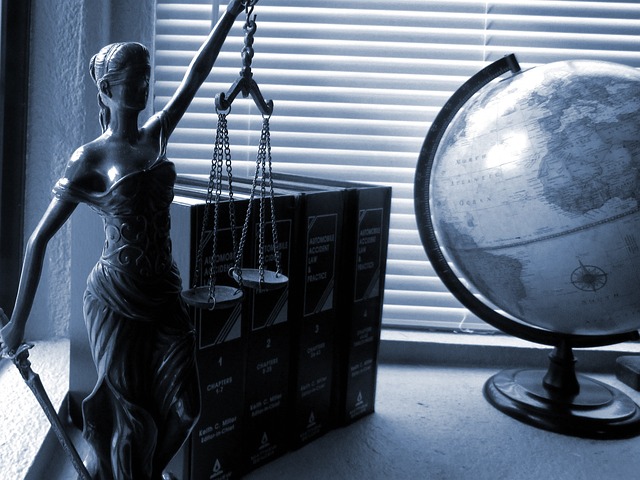Death is an inevitable part of life, and yet it remains one of the most difficult topics to discuss. When a loved one passes away, there are countless emotions to navigate and practical matters to handle. In these trying times, having a basic understanding of death-related legal issues can make a world of difference. From handling funeral arrangements to managing the deceased’s estate, there are many important aspects to consider.

In this blog post, we will discuss some practical legal tips that you should keep in mind when facing a death-related case. Whether you are the executor of an estate or a family member of someone who has passed away, these tips can help alleviate some of the stress and confusion that often comes with handling legal matters after a person’s death. Let’s get started.
Obtain Death Certificate
One of the first practical steps to take after someone passes away is to obtain a death certificate. This document serves as legal proof of the person’s death and is required for many official processes, including filing for insurance claims, closing bank accounts, and managing the deceased’s estate.
The death certificate can be obtained from the vital statistics office in the state where the person passed away or through Omega funeral home. It is important to have multiple copies of the death certificate as they will be needed for various purposes. It is also recommended to keep the original copy in a safe place.
Engage Professional Legal Help
When dealing with a death-related case, it is crucial to seek professional legal help. This can include hiring an estate lawyer or consulting with a probate attorney. With a dedicated attorney by your side, you can ensure that all legal matters are handled properly and in a timely manner. An experienced lawyer will not only guide you through the complex legal processes but also provide valuable advice on how to protect the interests of the deceased’s estate and beneficiaries.
Additionally, having a lawyer can help alleviate some of the stress and burden that comes with managing legal matters during such an emotionally taxing time. It is important to choose a lawyer who specializes in death-related cases and has experience dealing with similar situations.
Notify Relevant Parties
When someone passes away, it is important to notify all relevant parties such as family members, friends, employers, and financial institutions. This not only ensures that everyone who should know about the death is informed but also prevents any delays or complications in the future.
In addition, notifying financial institutions is crucial because it allows them to freeze the deceased’s accounts and prevent any unauthorized access or transactions. This protects the assets of the estate and ensures that they are properly distributed according to the deceased’s wishes. It is also important to notify government agencies, such as Social Security, for any necessary benefit claims or changes.
Locate Important Documents
After someone passes away, it is important to locate and secure all important documents related to their assets and personal affairs. This may include wills, life insurance policies, property deeds, bank statements, and any other relevant documents. These documents are essential in determining the legal and financial status of the deceased’s estate.
If you are the executor of the estate, it is your responsibility to locate these documents and keep them in a safe place. If you are a family member, it is important to work closely with the executor or legal representative to ensure that all necessary documents are obtained and properly managed.
Manage Funeral Arrangements
Funeral arrangements can be overwhelming for grieving family members. It is important to have a clear understanding of the deceased’s wishes and financial situation before making any final decisions. If the deceased has pre-planned their funeral, it is important to follow their instructions. If not, it may be helpful to consult with other family members or close friends for guidance.
Additionally, you may need to work closely with the funeral home or cemetery to ensure that all necessary paperwork and permits are obtained. It is also important to keep track of expenses related to the funeral as they may be reimbursed by the estate.
Understand Estate Distribution Process

The distribution of a deceased person’s assets, also known as estate distribution, is a complex legal process. It involves identifying and valuing all assets and debts of the deceased, paying any outstanding debts, and distributing the remaining assets to the beneficiaries according to the will or state laws.
As an executor or family member involved in this process, it is important to have a basic understanding of how estate distribution works. Seeking professional legal help can also be beneficial in navigating through this process. It is important to follow all legal procedures and timelines to ensure a smooth distribution of the estate.
Dealing with death-related cases can be emotionally and legally challenging. However, by following these practical legal tips, you can ensure that all necessary steps are taken to properly handle the aftermath of a loved one’s passing. Remember to engage professional legal help, obtain a death certificate, notify relevant parties, locate important documents, manage funeral arrangements, and understand the estate distribution process. With these tips in mind, you can navigate through this difficult time with more clarity and confidence.
















Add Your Comment